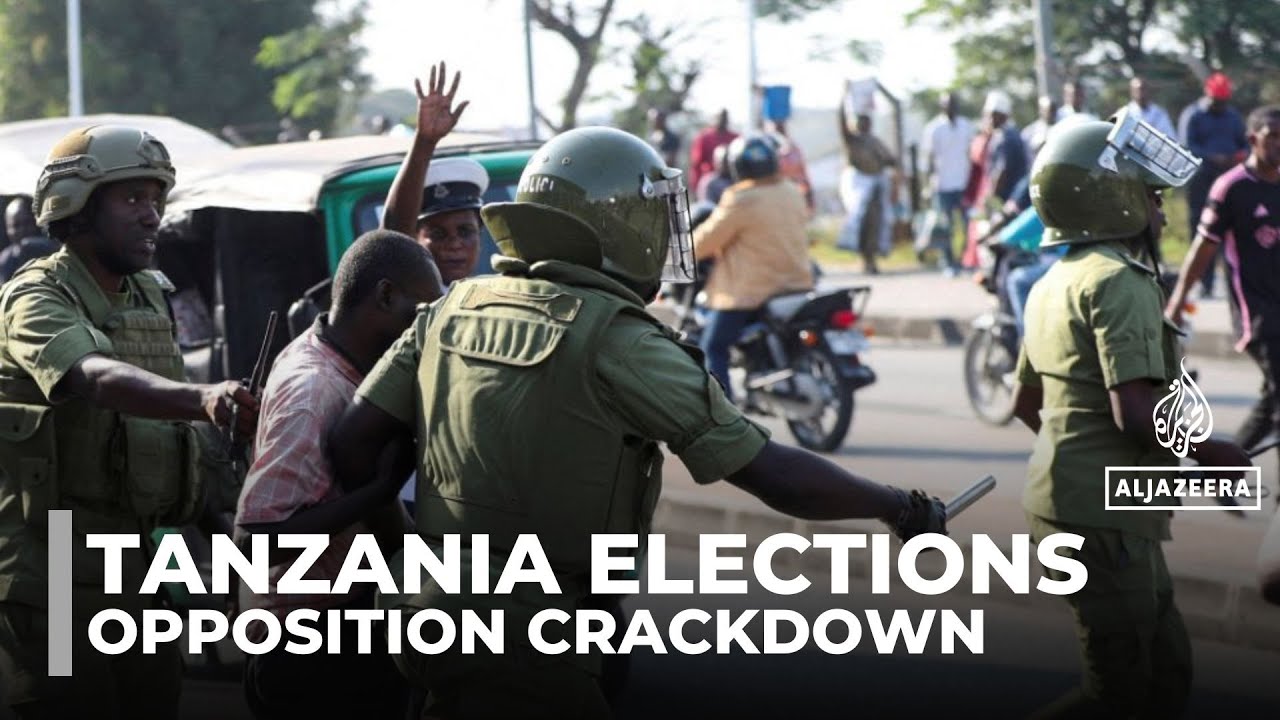
Jamaica Hurricane: Black River Cut Off as Aid Runs Short
At the southern edge of St Elizabeth parish, the coastal town of Black River is isolated and pleading for help after the Jamaica Hurricane. Residents tell the BBC no organized relief has reached them since the storm. Food is running out, drinking water is unsafe, and health risks are mounting. Downed power lines, blocked roads, and damaged bridges have severed supply routes, turning a natural disaster into a deepening humanitarian emergency.
Life on Hold in Black River
Black River, a low-lying town vulnerable to storm surge, took a direct hit from fierce winds and torrential rain. Floodwaters swept through streets, pushing debris into homes and businesses and contaminating wells. Fishing boats—vital for income and protein—were torn from moorings or badly damaged, threatening livelihoods long after waters recede.
With mobile networks spotty and electricity down in several neighborhoods, residents rely on word of mouth and battery radios for updates they can barely act on. Families are stretching the last of their rice and tinned goods, boiling questionable water over charcoal stoves, and rationing candles through pitch-dark nights.
Access Blocked, Aid Delayed
Fallen trees and utility poles choke the main roads into Black River, and washed-out side roads have cut off smaller inland communities. Even where heavy equipment can reach, fuel shortages and safety hazards slow progress. Relief trucks are reportedly staged on higher ground, waiting for routes to be cleared.
Supplies Are Running Thin
- Food: Households are pooling what remains and organizing informal sharing, but stocks are low. Without refrigeration, perishables spoiled quickly, leaving many dependent on dried goods.
- Water (most urgent): With pipes damaged and pumps offline, residents collect rainwater or draw from wells likely tainted by floodwater. Boil advisories are impossible to follow in homes without fuel.
- Power and communications: Widespread outages persist. A few generators serve as charging hubs and lifelines for emergency calls.
- Sanitation: Overflowing drains and stagnant pools raise the risk of waterborne disease. Volunteers are clearing gutters by hand to reduce mosquito breeding and improve drainage.
Health Care and Shelters Under Strain
Black River’s small clinic is overwhelmed by injuries and flood-related infections. Staff report shortages of antibiotics, wound dressings, and oral rehydration salts. With the power out, cold-chain storage for some medicines is compromised. Nearby shelters in schools and churches are crowded and short on bedding and privacy. Parents worry about clean water for infants and the elderly. Community leaders are organizing ad hoc sanitation patrols and urging neighbors to keep potable water separate from wash water, but without steady resupply these are only stopgaps. The fear is clear: preventable illnesses could surge without swift intervention.
Government and NGO Response
Local authorities acknowledge the scale of the crisis and say safety checks, debris clearance, and bridge inspections must come before heavy relief convoys. NGOs and faith-based groups are mobilizing, with tarps, hygiene kits, and water purification tablets reportedly pre-positioned. Yet residents in Black River say they have not seen official aid trucks arrive. Volunteers in neighboring communities are using small boats to deliver water and medicine, but demand far exceeds what grassroots efforts can supply.
What Residents Need Now
- Clean drinking water and purification tablets
- Ready-to-eat meals and staples that require no cooking
- Medical kits: antibiotics, antiseptics, dressings, and oral rehydration salts
- Fuel for generators and cooking
- Tarpaulins, rope, and basic tools for emergency roof repairs
- Baby formula, diapers, and hygiene supplies
How to Help Black River
- Donate to established relief organizations operating in Jamaica, prioritizing groups with logistics capacity in St Elizabeth.
- Contribute water purification tablets, portable filters, and solar lanterns through vetted local drives.
- Share verified needs lists from community leaders and clinics to target aid where it’s most needed.
- If in-country and trained, volunteer for debris clearance and distribution support once authorities open safe access.
A Warning and a Way Forward
As Jamaica begins its long recovery, Black River’s plight is a warning: once the wind and rain pass, isolation can be just as deadly. The Jamaica Hurricane exposed weaknesses in coastal protection, road networks, and emergency logistics that will require sustained investment. Right now, the priority is clear: reopen access, deploy mobile water treatment, and reinforce clinics. Residents need clean water, food, fuel, and medical support today—not next week. Every day of delay raises the human cost and makes recovery harder.







